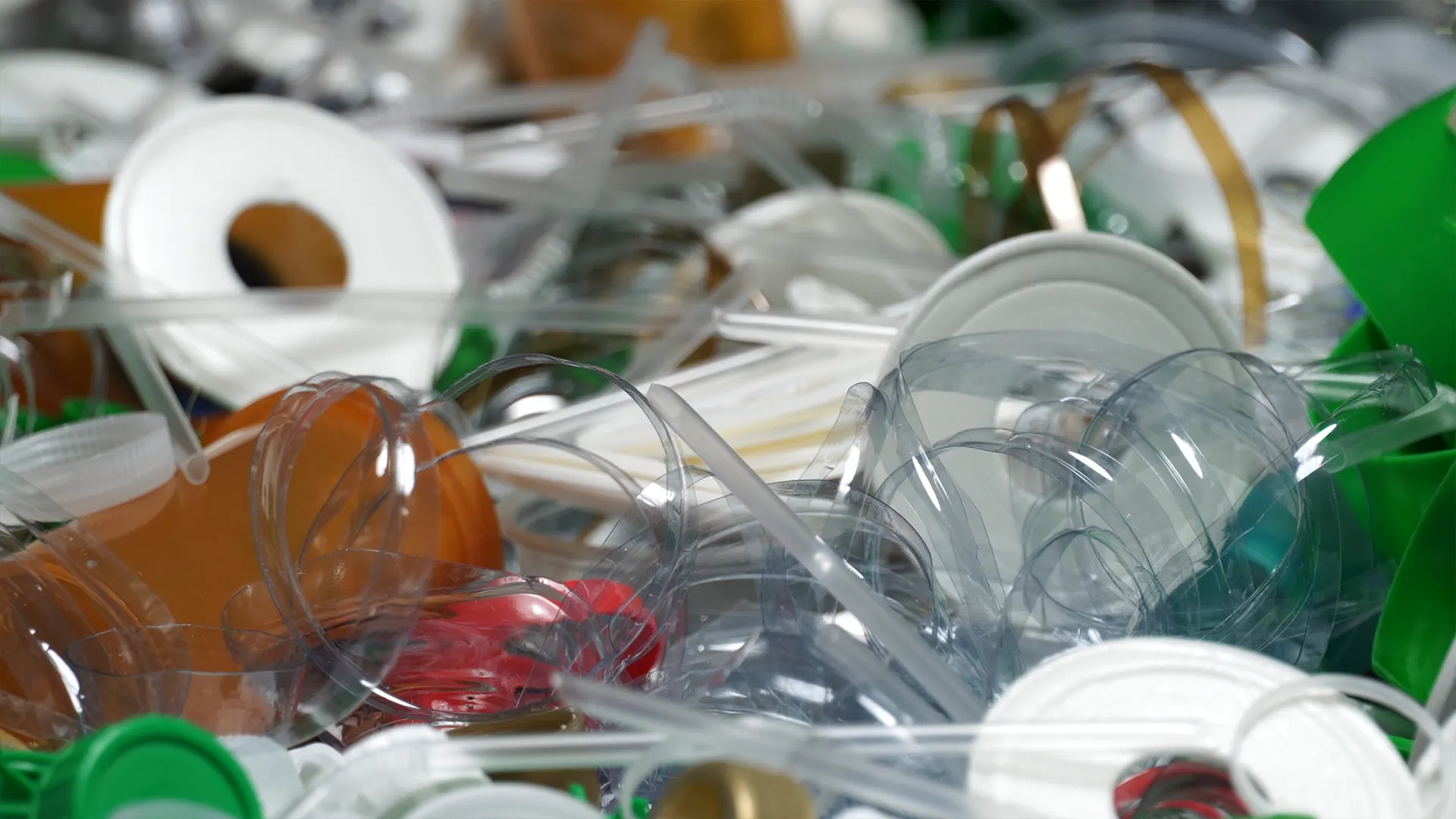
Why Biodegradation Testing Should Be Part of Your Plastic Sustainability Claims
Increasing regulatory scrutiny and consumer demand for transparency mean vague or unsubstantiated environmental statements can damage a company’s credibility and even invite legal consequences. That’s why incorporating certified biodegradation testing into your product sustainability claims and development process is essential.
What Is Biodegradation Testing?
Biodegradation testing measures how and how quickly a material breaks down in the presence of microorganisms under controlled conditions. Certified methods, such as ASTM and ISO standards, evaluate biodegradation in various environments, including composting systems, soil, and biologically active landfills.
Two of the most widely used tests include:
- ASTM D5511: Measures anaerobic biodegradation of plastic materials under high-solids anaerobic-digestion conditions, simulating landfill environments.
- ASTM D5338: Evaluates aerobic biodegradation under controlled composting conditions,
These tests provide quantifiable, standardized data to substantiate environmental claims, offering proof that materials like plastics enhanced with additives such as EcoPure® do indeed biodegrade faster than untreated plastics.

Why Manufacturers Need Certified Biodegradation Testing
Making unsubstantiated environmental claims puts manufacturers at risk. In both the U.S. and globally, green claims are tightly regulated:
- The FTC Green Guides require scientific evidence to support any biodegradable, compostable, or environmentally friendly claim.
- The European Union and other markets enforce similar rules against deceptive environmental marketing under laws like the Unfair Commercial Practices Directive.
ASTM or ISO-certified test results act as third-party validation—protecting manufacturers from legal liability and false advertising while enabling trust in sustainability branding.
ASTM D5511 Testing: Realistic Landfill Simulation for Plastic Products
ASTM D5511 is the gold standard for simulating the anaerobic conditions found in landfills—where most plastics end up. The test quantifies biogas output (CO₂ and CH₄) generated by microbial digestion of the material, providing direct data on how quickly and completely a plastic item breaks down.
Plastic products enhanced with EcoPure®, for example, undergo ASTM D5511 testing to validate performance. In tests conducted over 330 days, EcoPure-treated samples demonstrated:
- Up to 100% adjusted biodegradation in certain resins
- Variation based on resin type, plastic thickness, and structure
- Documented data showing methane and CO₂ volumes, confirming microbial activity.
This level of specificity is essential for manufacturing teams looking to validate environmental performance and make reliable marketing claims.
Benefits of Biodegradation Testing for Plastic Product Manufacturers
Incorporating biodegradation testing offers multiple advantages for manufacturers:
- Regulatory Compliance and Legal Protection – Avoid misleading claims and reduce exposure to lawsuits or regulatory penalties by grounding all sustainability messaging in ASTM-certified data.
- Product Differentiation in Competitive Markets – ASTM testing helps distinguish your plastic products with data-backed performance claims that appeal to both B2B clients and environmentally aware consumers.
- International Market Access – Comply with global standards like REACH, RoHS, and Proposition 65 by ensuring your products undergo proper biodegradability assessments.
- Increased Buyer Confidence – OEMs and procurement teams demand transparency. Demonstrating certified test results builds trust and facilitates long-term B2B relationships.
Benefits of Biodegradation Testing for Plastic Product Manufacturers
Incorporating biodegradation testing offers multiple advantages for manufacturers:
- Regulatory Compliance and Legal Protection – Avoid misleading claims and reduce exposure to lawsuits or regulatory penalties by grounding all sustainability messaging in ASTM-certified data.
- Product Differentiation in Competitive Markets – ASTM testing helps distinguish your plastic products with data-backed performance claims that appeal to both B2B clients and environmentally aware consumers.
- International Market Access – Comply with global standards like REACH, RoHS, and Proposition 65 by ensuring your products undergo proper biodegradability assessments.
- Increased Buyer Confidence – OEMs and procurement teams demand transparency. Demonstrating certified test results builds trust and facilitates long-term B2B relationships.
How to Use Biodegradation Testing in Marketing Without Greenwashing
Manufacturers should follow these best practices to responsibly communicate biodegradability:
- Be Specific: “Biodegrades 88% in 330 days under ASTM D5511 conditions” is far more effective than vague statements like “eco-friendly.”
- Clarify the Environment: Highlight the type of disposal environment required (e.g., industrial compost vs. landfill).
- Include Timeframes: Support your claims with measurable timelines and metrics.
- Avoid Implying Universal Degradability: A product that breaks down in a landfill won’t necessarily degrade in the ocean, soil, or home compost.
For manufacturers producing plastic products or packaging, ASTM-certified biodegradation testing is more than just a box to check—it’s a crucial component of responsible product development, branding, and market access.
Incorporating test-backed claims enables:
- Compliance with international environmental marketing laws
- Credibility in sustainability-focused B2B transactions
- Better positioning in a market demanding transparency
Biodegradability isn’t just a buzzword—it’s a performance metric. Back it up with data. Build trust. And lead with science.
Want to learn how EcoPure® can help your manufacturing facility meet certified biodegradation goals? Visit goecopure.com for technical specs, ASTM test results, and product support.


